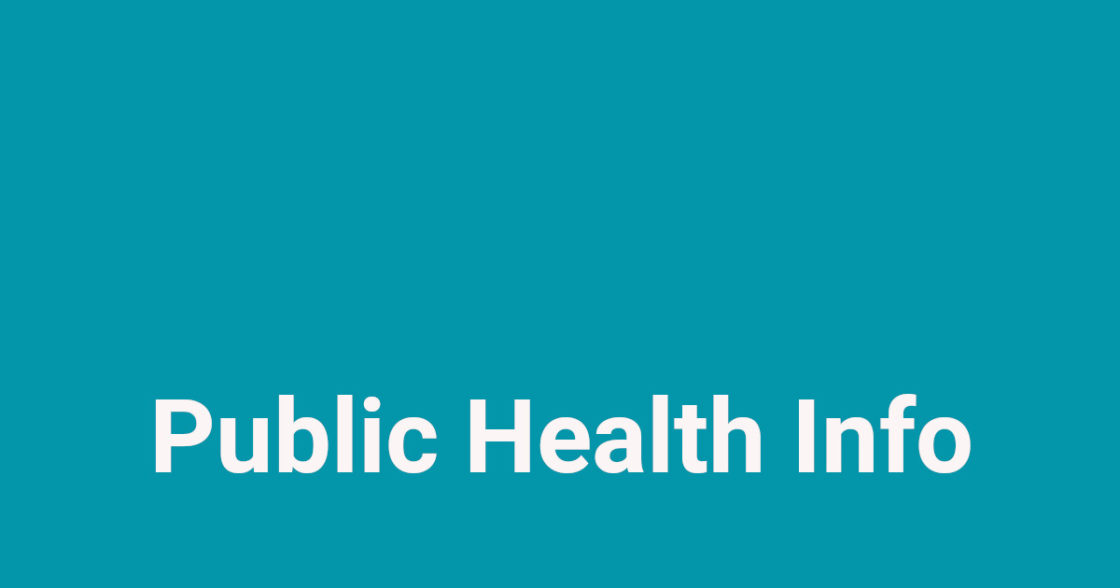Thursday 14 November 2019Media release2 minutes to read
THIS IS AN ARCHIVED PAGE. The advice and information contained in this page may not be current and it should only be used for historical reference purposes.

The health warning issued for Lake Forsyth has now been removed
Canterbury District Health Board’s Community and Public Health unit has lifted its algal bloom health warning issued for Lake Forsyth/ Te Roto o Wairewa on the 1 October 2019.
Recent water testing at Lake Forsyth/ Te Roto o Wairewa, has shown the quantity of potentially toxic blue-green algae (planktonic cyanobacteria) in the lake has decreased and concentrations are now below the levels that are of concern to public health.
Canterbury Medical Officer of Health Dr Alistair Humphrey says Environment Canterbury’s sampling of Lake Forsyth/ Te Roto o Wairewa will continue on a fortnightly basis.
“The public will be informed if testing shows that concentrations have increased and there is a risk to public health again, but at least this means people can fully enjoy Lake Forsyth/ Te Roto o Wairewa during show weekend,” says Dr Humphrey.
Facts about cyanobacteria:
- The algae occur naturally but can increase rapidly during warmer months.
- Algal blooms are caused by a combination of nutrients in the water (such as nitrogen and phosphorus), and favourable weather conditions (e.g. increased temperature, calm days).
- If the water is cloudy, discoloured, or has small globules suspended in it, avoid all contact.
- Not all cyanobacterial blooms are visible to the naked eye and toxins can persist after the blooms disappear.
- Cyanobacterial concentrations can change quickly with changing environmental conditions (e.g. wind). If a health warning is in place avoid contact with the water.
For further information visit: https://www.lawa.org.nz/explore-data/canterbury-region/
Or contact Community and Public Health on (03) 364 1777:
https://www.cph.co.nz/your-health/recreational-water/
For more information about Mahinga Kai:
https://www.cph.co.nz/wp-content/uploads/saf0112.pdf
ENDS
For further information, contact:
Canterbury DHB Media Advisor
027 567 5343
Tags Algal bloomHealth warning
Related topics
Public Health
Back to Health News

